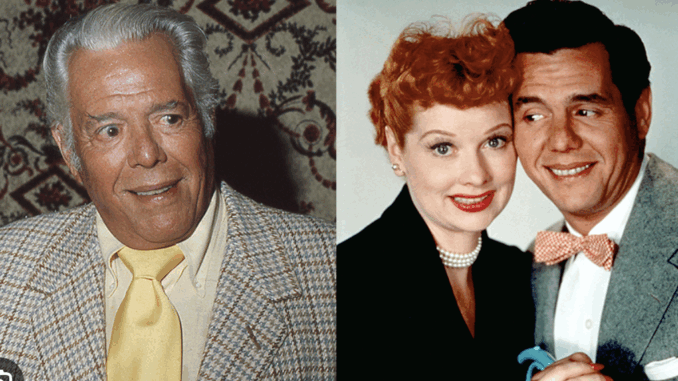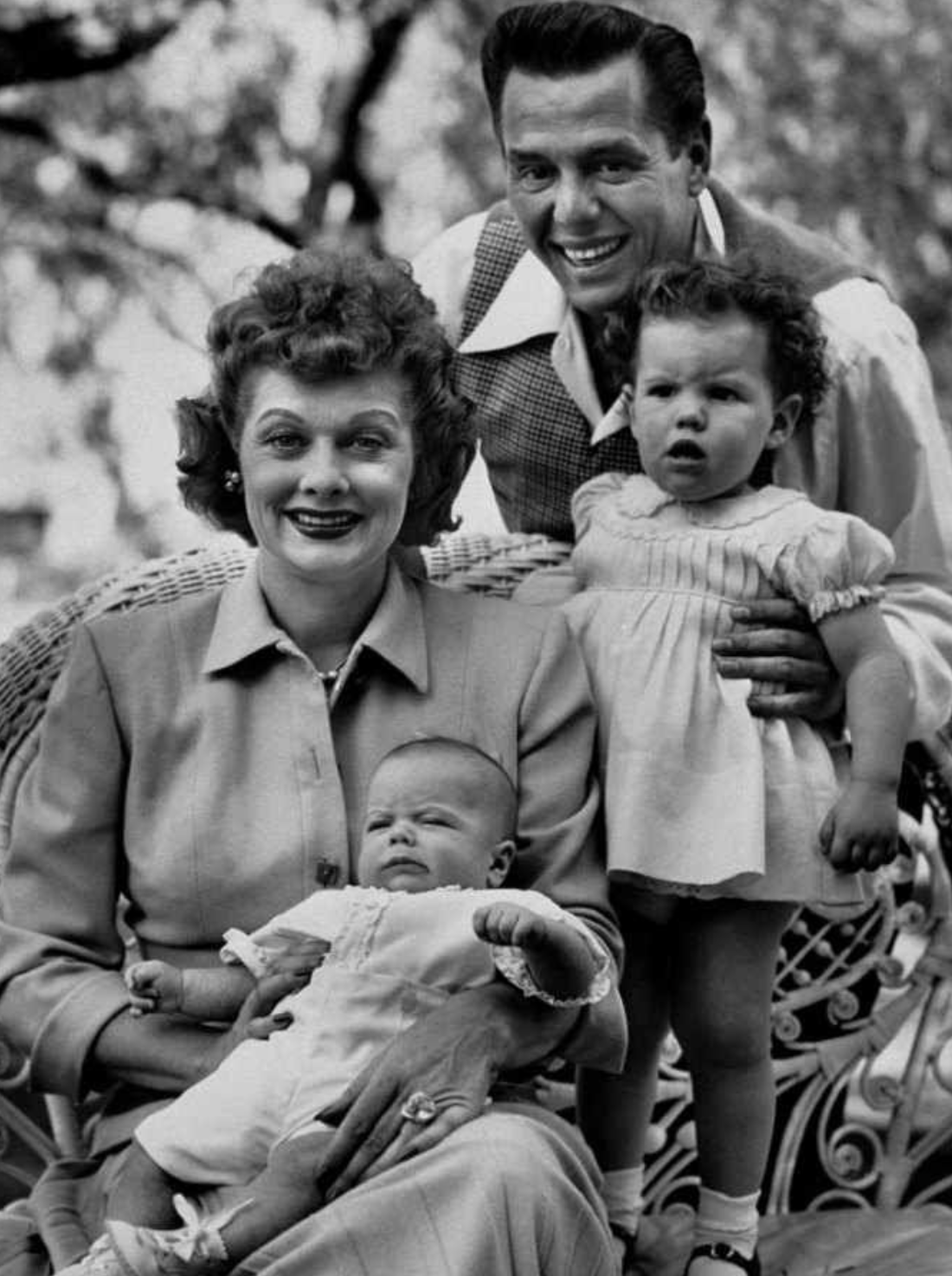
Walk through the history of television sitcoms, and you’ll find countless iconic duos. But if you look closely at almost every beloved, enduring TV couple since the 1950s, you’ll see echoes of the originals: Lucy and Ricky Ricardo from I Love Lucy. Their relationship, a chaotic blend of squabbles, misunderstandings, and undeniable love, laid the groundwork for a myriad of classic pairings to follow. They didn’t just entertain millions; they created the blueprint for how TV depicts the messy, beautiful reality of marriage.
The Enduring Power of Opposites Attract (and Annoy)
Lucy and Ricky were a study in contrasts. She was the impulsive, theatrical, scheme-prone dreamer; he was the pragmatic, often exasperated, but deeply loving bandleader. This dynamic, where one partner’s wild ambitions constantly collide with the other’s grounded nature, is a template that has been replicated endlessly. Think of Carrie and Doug Heffernan in King of Queens, Raymond and Debra Barone in Everybody Loves Raymond, or even elements of Homer and Marge Simpson.
The humor often came from Ricky’s reactions to Lucy’s latest antic, or Lucy’s determined attempts to get her way despite Ricky’s common sense. It showed that love doesn’t mean perfect harmony; it means navigating each other’s quirks, even when they drive you absolutely bananas. This relatable tension is what makes their relationship feel so real and enduringly funny.
The Argument-to-Affection Arc: A Blueprint for Sitcom Fights
Lucy and Ricky weren’t afraid to argue. Their squabbles were often loud, passionate, and hilariously dramatic, especially when Ricky would lapse into Spanish or Lucy would make one of her famous crying faces. But the beauty of their arguments was that they always ended with reconciliation, often sealed with a tender moment or a shared laugh.
This established a crucial sitcom trope: the couple can fight, even intensely, but their fundamental love and commitment to each other are never truly in doubt. This allows for comedic conflict without risking the core relationship. This “fight, then make up” dynamic is a cornerstone of countless TV relationships, showing that bickering can be a sign of a healthy, lively partnership, not a broken one.
Shared Dreams (Even When One is More Realistic)
Lucy’s burning desire for stardom, often thwarted by Ricky’s protective (and sometimes chauvinistic) nature, was a central theme. While Ricky discouraged her direct involvement in his nightclub, he often helped her achieve other dreams, or found ways for her to channel her energy. This push-and-pull between individual aspirations and shared goals is a universal aspect of relationships.
They showed that partners don’t always have to pursue the exact same dreams, but they do need to support each other’s passions, even if one person’s passion involves stomping grapes in Italy. This dynamic laid the foundation for couples where one partner might be more ambitious or unconventional than the other, creating both conflict and comedic gold.
The Unshakeable Core: Love Through It All
Despite the chaos, the misunderstandings, and the occasional frustration, the one thing that was always undeniable about Lucy and Ricky was their deep, abiding love for each other. Their tenderness, their shared laughter, and their unwavering support in moments of genuine crisis (like the birth of Little Ricky) cemented their bond.

This unwavering love beneath the turbulent surface is the key to their lasting impact. It showed that relationships don’t need to be picture-perfect to be strong and meaningful. It proved that real love includes the fights, the eye-rolls, and the occasional “WAAAH!” from Lucy, because at its core, there’s true affection and mutual respect.
Lucy and Ricky Ricardo weren’t just a sitcom couple; they were pioneers. They gave us the template for the flawed, funny, and deeply loving relationships that continue to dominate our screens, proving that a little bit of chaos, combined with a whole lot of heart, makes for television magic.